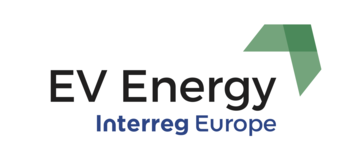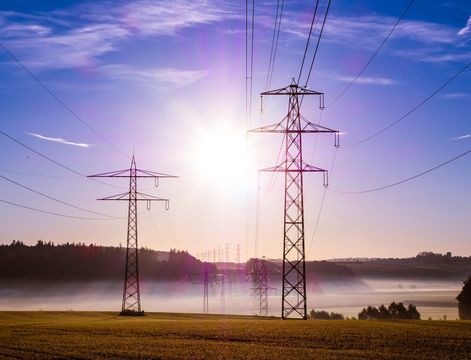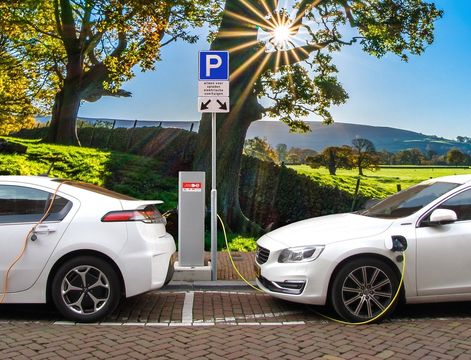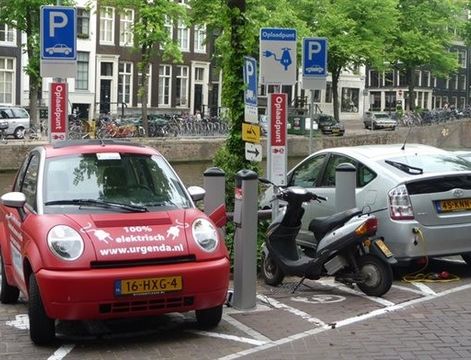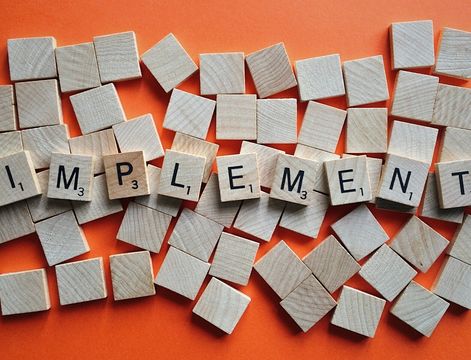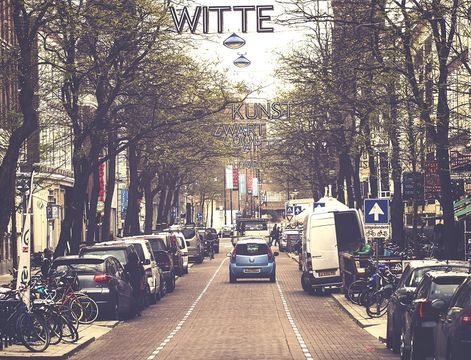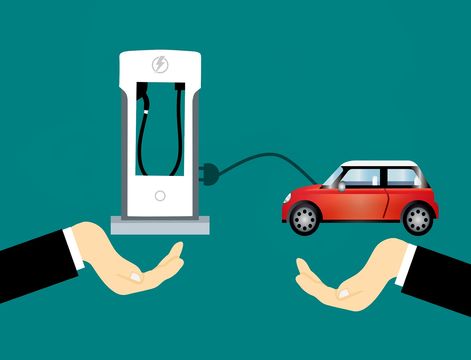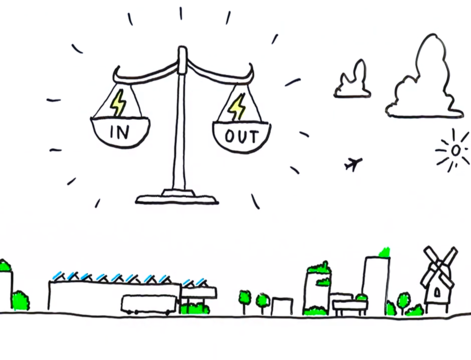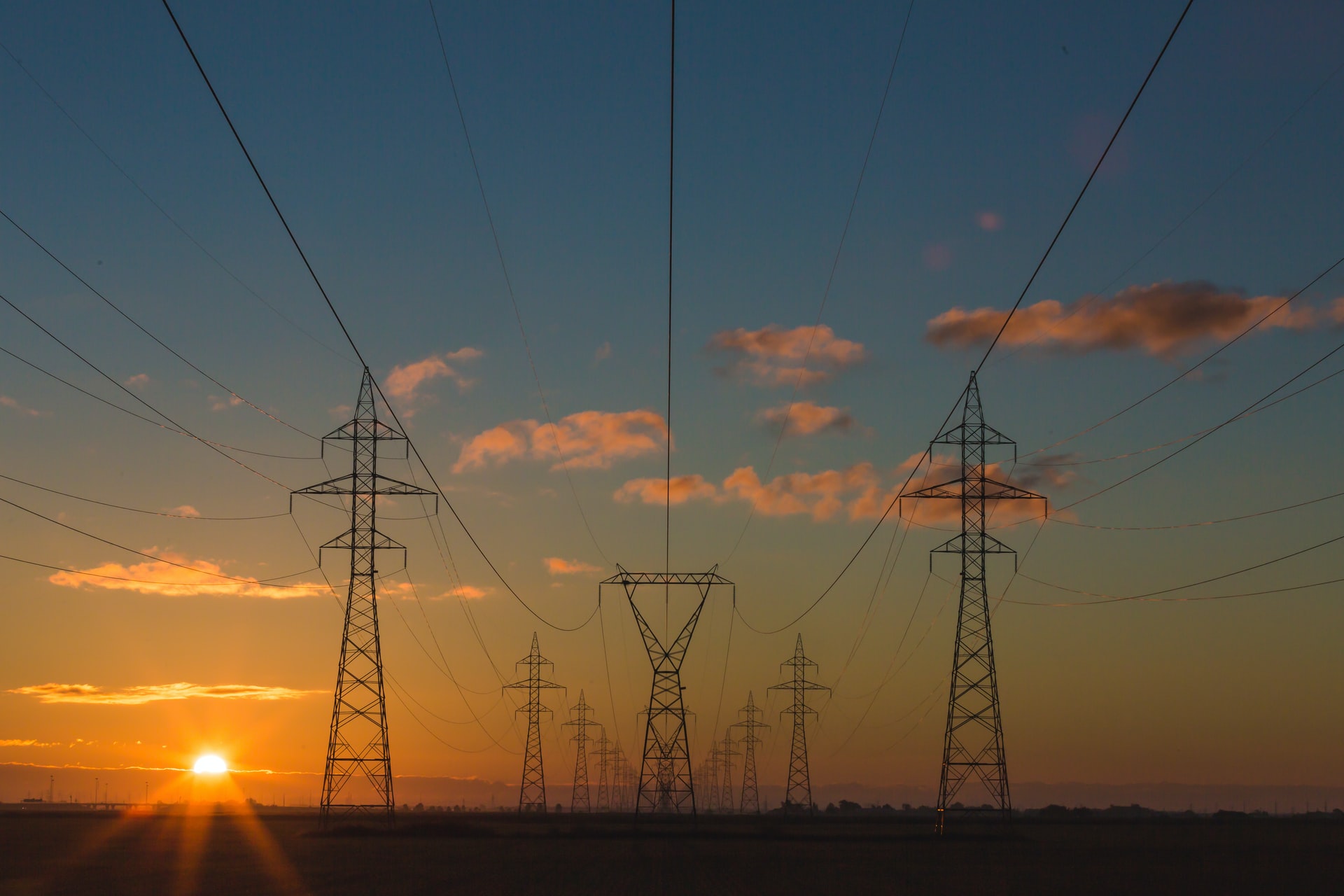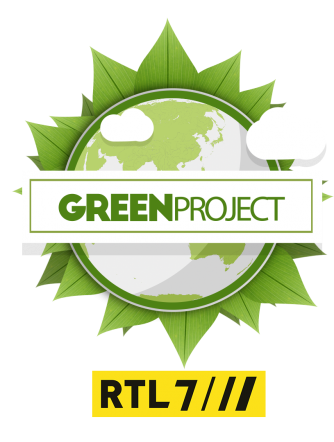10 April 2018: The 3rd Regional Stakeholder Event of Kaunas University of Technology, partner in the EV Energy project, was held in the Ministry of Transport and Communications of the Republic of Lithuania, where politicians and project partners summarised information received from project partners and discussed how good practice and experience from other partner countries could be adopted for the sustainable and electric mobility integration in Lithuania.
The meeting gathered political representative from the Ministry of Transport and Communications, Lithuanian Road Administration under the Ministry of Transport. Attendees were from fields and departments related to sustainable mobility and electric vehicles: Development and International Relations Department; Road Transport and Civil Aviation Department; Budget and State Property Management Department.
The centre of the discussion was summary and feedback to information received from other project partners. The main output from the previous RSE meeting had been documented questions from Lithuanian policy makers, which later were sent to project partners and their stakeholders. Questionnaire with about 20 different questions had been sent to all project partners. The Lithuanian politicians wanted to find out more about the following issues:
- Financial means and problems of installing EV charging points;
- Operators selection procedures, management and maintenance of EV changing stations;
- E-charging network in residential areas;
- Public motivation to leave their old cars;
- Unifying EV-tickets of public transport between different regions and cities.
The project partners with help of stakeholders did a great job by answering to all questions and sending them back to Kaunas project partner and politicians. Therefore, the aim of 3rd RSE meeting was to review these answers and to highlight measures that could be used in Lithuania.
Lithuanian stakeholders expressed the opinion that all answers are very useful and there are different measures which could be chosen from each partner. Despite that, it was concluded that Stockholm and Barcelona region’s policy are closest to Lithuania.
It could be learned from Sweden how to attract private means from power providers, parking companies, fuelling station owners, real estate owners for the development of EV changing infrastructure. As the Swedish example shows, a 50-50 public-private financing scheme of charging infrastructure attracts private funding. Clear public electrification goals certainly support private funding as it creates certain stability for investments. Other good examples from Sweden, which are interesting to Lithuania, are online knowledge-portals, which supply different information related to use of EV charging stations. The websites are run by civil society organisations and not public institutions. Both private persons, public authorities and enterprises benefit from clear and neutral information about the use of EV and Hybrid-EV vehicles.
Ideas how to develop EVs charging network in already built higher density residential areas could be learned from Barcelona. For example, for those users who do not have a parking space, subscriptions of places with a recharging point in the municipal car parks could be offered. In the case of not having a parking space or municipal parking above ground (on the surface), work will be done to offer a reserved area linked to the public thoroughfare. The place would be for public use during the day and for private use at night.
At the end of the meeting the emphasis was put on highlighting the good practice, which is most suitable to transfer to Lithuania. Everybody agreed to transfer the good practice from Stockholm - “Supporting EV Websites”.
The next RSE meeting will be dedicated to find out opportunities and possible starting points how to open up the way for a successful transfer of the good practice.
